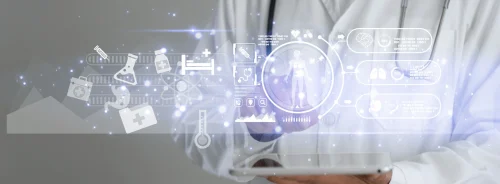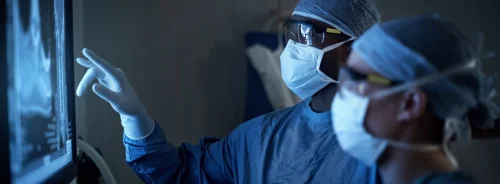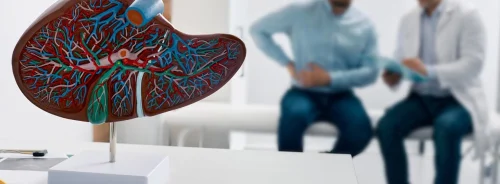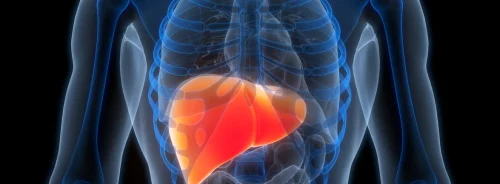HealthManagement, Volume 25 - Issue 2, 2025
Affidea’s Contrast Media Management Program enhances patient safety, imaging quality and sustainability by optimising contrast media use across its network. Piloted in Vilnius with up to 18% less contrast used and 28% radiation dose reduction, the initiative combines clinical precision, environmental responsibility and operational efficiency. It builds on Affidea’s Dose Excellence legacy to promote smarter, safer radiology.
Key Points
- Affidea launched a contrast media program to improve safety and sustainability in imaging.
- The initiative reduces unnecessary contrast use through personalisation and standardised protocols.
- A pilot in Vilnius showed 18% less contrast use and 28% lower radiation without harming quality.
- The program aligns with ESG goals by cutting waste and minimising environmental impact.
- Affidea plans to scale the program across its network, advancing responsible radiology practices.
As the demand for medical imaging grows, so does the responsibility to deliver it safely, efficiently and sustainably. In response, Affidea has launched its Contrast Media Management Program—an innovative initiative that transforms how contrast media is used across diagnostic services, combining clinical precision with a strong commitment to patient safety and environmental responsibility.
Clinical Excellence in Action
Affidea’s Contrast Media Management Program reflects a deep commitment to advancing care. By promoting smarter, safer and more consistent use of contrast media, the program supports better patient outcomes while championing responsible, high-quality imaging.
Contrast media is essential in imaging, but their inappropriate use through excessive volume, inconsistent protocols or lack of personalisation could compromise image quality, increase radiation dose and result in unnecessary consumption. As imaging demand continues to grow across Europe, effective contrast media management is not just a clinical concern, it’s an operational and environmental necessity.
Optimising contrast use goes beyond improving diagnostic quality, it’s about acting responsibly. Ensuring each patient receives the right amount of contrast enhances accuracy and minimises exposure. Just as importantly, efficient usage reduces waste, limits environmental impact and supports more sustainable healthcare practices. At its core, it’s a balance between clinical excellence and resource stewardship, precisely why Affidea launched this program: to enable safer, smarter and more sustainable imaging across its network.
Affidea’s approach is strategic and multidisciplinary, built around four core pillars:
- Patient Safety: Personalised contrast dosing based on weight, renal function and clinical indication improves safety and minimises risk.
- Imaging Quality: Standardised protocols ensure high diagnostic confidence and reduce variability.
- Operational Efficiency: Harmonised workflows enhance consistency and reduce delays.
- Environmental Sustainability: Optimised use of contrast media supports waste reduction and aligns with healthcare’s broader ESG goals.
This is not a one-size-fits-all solution, but a dynamic, data-driven framework adaptable to each clinical setting, supported by automation, staff training and real-time monitoring tools.
With a focus on patient safety, diagnostic consistency and responsible resource use, Affidea is leading a smarter, more sustainable future for radiology.
From Pilot to Proof: The Vilnius Success Story
Affidea piloted the program at Vilnius Oncology Hospital in Lithuania, in collaboration with GE Healthcare with impressive results. Contrast media usage was reduced by up to 18%, all while maintaining, or even enhancing, diagnostic image quality. In addition, the program led to a 28% reduction in radiation dose for CT coronary angiography procedures, while maintaining image quality for an accurate diagnosis.
These results underscore the effectiveness of personalised contrast protocols, demonstrating that it’s possible to improve patient safety and imaging performance while minimising environmental impact. The initiative not only streamlined clinical practice but also raised awareness among staff about sustainable healthcare delivery, marking a meaningful step forward in responsible radiology.
Building on the Dose Excellence legacy
Affidea’s Dose Excellence Program has long been a benchmark for radiation safety. The Contrast Media Management Program extends that legacy expanding the focus beyond radiation to the full scope of patient exposure and resource use.
Together, these programs form a comprehensive framework for safety and quality. While the Dose Excellence Program minimises radiation, the Contrast Media initiative ensures contrast agents are used efficiently and appropriately. The result: consistently high-quality imaging with minimal necessary exposure for both patients and the planet.
With the pilot’s success, Affidea is now scaling the program across its network. Future plans include:
- Extending optimised protocols to more centres and procedures
- Scaling real-time monitoring tools for greater consistency
- Advancing contrast administration through data-driven, patient-focused innovation
This initiative isn’t just improving current practice, it’s defining the new standard in contrast media management. It plays a vital role in shaping the future of patient care, operational excellence and sustainable healthcare.
Affidea’s Contrast Media Management Program is more than an innovation, it’s a clear statement of purpose. It proves that healthcare can be safer, smarter and more sustainable. With the right tools, a shared vision and a culture of continuous improvement, medical imaging can deliver exceptional care, while protecting both patients and the planet.
Conflict of Interest
Spotlight articles are the sole opinion of the author(s), and they are part of the HealthManagement.org Corporate Engagement or Educational Community Programme.







